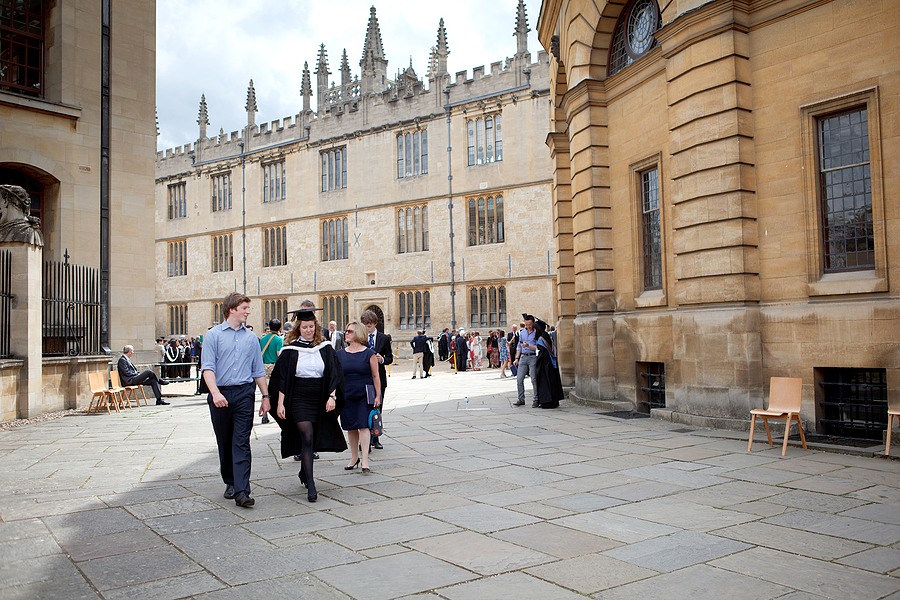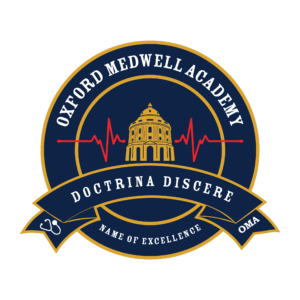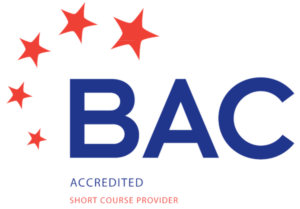With doctors, pharmacists and specialist nurses needed more than ever before, it is encouraging that there are many pathways to a career in medicine.
Aside from a typical medical school degree, there are graduate accelerated programmes and pathways for mature students to enter the profession, as well as various types of medical foundation courses to bring promising candidates up to speed.
These can vary dramatically in terms of duration, subject matter, intention and how they ultimately connect to a medicine course, but can typically be grouped into gateway courses and preliminary courses.
Whilst these names are often used interchangeably, there are a few more differences between the two than might be originally expected, even if the ultimate goal of removing barriers to medical school from people who would be capable of thriving.
A gateway year course is for people who have the capability and motivation to qualify as a doctor but due to circumstances have been unable to do so.
This can include economic, social or personal circumstances, which vary between different universities but can include their school, whether they are the first in their family to go to university, whether they receive a bursary if they are a care leaver, come from a military background or are officially recognised as a refugee, as well as other standards.
The goal is to ensure that medicine is an option for people who would not otherwise be able to consider it but have the ability to thrive by providing a year-long course to provide the foundation to get them ready for a five-year medical qualification.
On the other hand, a preliminary course is for students who attained very high A-levels but not in any of the subjects typically required of a medical degree.
This success highlights the potential to succeed with a medical degree and provides a short course with the science-specific training they need to be on the same level as other first-year students.






